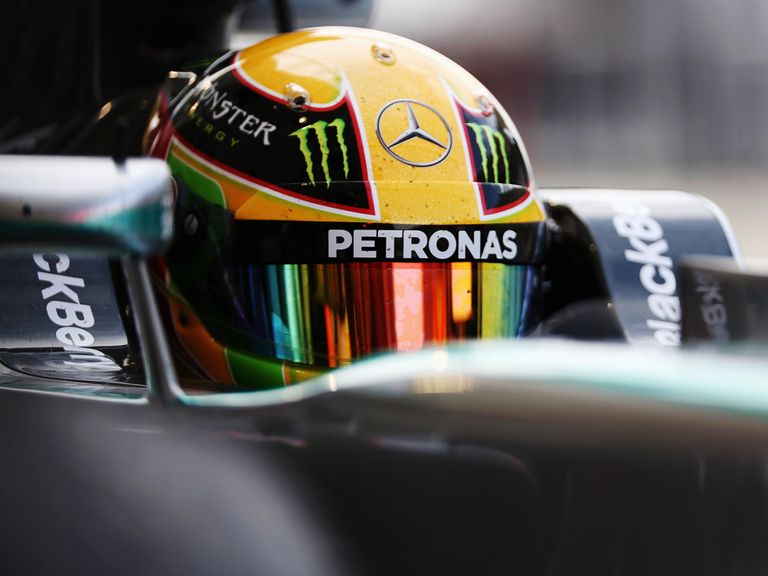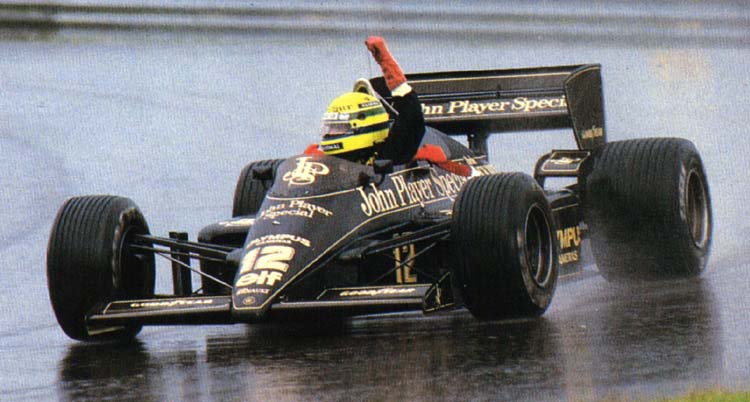WhiteBlue wrote:
The technical engine rules don't discourage new engine manufacturers, it is the missing cost control that does. Cosworth had specific requests regarding cost control that were not met. VW would have participated in F1 if it were a sensible business proposition. But it isn't with all the rule making power in the hands of the established teams and huge profits going to CVC. It is not the engine rules that are putting off more motor manufacturers.
Tommy Cookers wrote:speaking technically, the 2014 rules are quite clever, electric compounding largely avoids a need for VVT and even VGT(this also applies to road vehicles)
That is debatable as well. Those features are initially suppressed in order to contain cost and to give room for future development. If you have followed the rule debate around the engines you would be aware of it. I'm pretty sure you could increase efficiency by implementing them and that is the one competitive advantage that counts from 2014. VVT and VGT will be among the first things that will be freed for future development if the objective of the new engines is pursued. It always was the plan not to stop with the introduction but to reduce the fuel allowance successively in the following years. Unless some misguided souls pervert the whole scheme we will not see a freeze but a gradual lifting of restrictions.
are you saying that the 3 manufacturers that whose positions are reflected in the 2014 rules (that clearly disallow any VVT, VGT and advanced ignition systems) have declared in favour of such in the future ??
if not it seems unreasonable to contend that they will be 'written-in' to the rules, and/or that other manufacturers would act in expectation of such an event
I have attempted in other threads to highlight the particular value of the right electric compounding strategy under the 2014 constant fuel rate rules, ie maintaining high and constant charge pressure (therby best maintaining efficiency) as rpm rises, and desired charge volume falls (that is varying the electrical load/recovered power to reduce delta P with rpm increase)
this makes VVT and VGturbines relatively pointless (I assume the rules were written for that reason ie to that extent 'road relevant')
sincerely, aren't VVT and VGt seen as liabilities (for general service) compared with modern control strategies applied to the recovery turbine capability that will become universal ?




